UN DECADE
Ocean Data 2030
A digital foundation for the UN Decade of Ocean Science for Sustainable Development
Informed action is at the heart of sustainable ocean management. Ocean Data 2030 aims to transform the way data, information, and knowledge flows to and from all in the ocean community, improving its discoverability and interoperability for all.
Within and beyond the Ocean Decade, initiatives are generating and consuming ever greater volumes and varieties of ocean data, information, and knowledge. However, much of this digital exchange is uncoordinated beyond regional and/or disciplinary levels.
Ocean Data 2030 (OD2030) is a registered Programme of the UN Decade of Ocean Science for Sustainable Development, and aims to transform how these valuable assets are exchanged, enabling more global, interdisciplinary, cross-domain, and intersectoral interoperability to face the Decade’s Challenges. Coordinating a range of global initiatives, OD2030 will:
- support its partners in implementing the UN Ocean Decade’s Data and Information Strategy
- establish distributed, co-designed, and co-governed digital infrastructure with low barriers to participation
- support Ocean Decade Actions and other stakeholders in improving collective exchange of information and preventing silos.
- progressively deepen interoperability – starting with key metadata and working towards more domain-/community-specific types.
- build around a nucleus of regions already making efforts to interoperate, scaling out to additional nodes across the globe.
OD2030 will contribute to Outcome (6), “An accessible ocean” and challenges 8-10, by provisioning a common digital infrastructure to support discoverability and exchange of data, information and knowledge. Challenge 9 is a particular focus, as Ocean Data 2030 aims to lower the barriers to accessing information and thus improve equitable access.
Ocean Data 2030 will be developing infrastructure that will directly enable discovery of data, information and knowledge products, and will thus accelerate the understanding of the ocean, enable exchange of ocean science information by knowledge generators and users, and promote the availability of ocean science data in an open access, shared, discoverable manner. It will focus on partnerships, lowering the barriers to access to information, and will have a particular focus on SIDS and LDCs.
The Ocean Data 2030 work plan has a focus on three pillars of activity, each of which has its own budget:
- ODIS Getting Started Guide
The development of a logical, accessible, Getting Started Guide to joining the Ocean Data and Information system (ODIS). This guide will synthesise much of the ODIS outreach material, and present an easy entry point to any new partner intending to join ODIS. The guide will draw from the existing ODIS documentation, develop new documentation and will link to numerous online resources, including those in the training resources for ODIS.
- Support and outreach to Decade Programmes, DCOs and DCCs
Ocean Data 2030 will actively reach out to other decade programmes, DCOs and DCCs, including those involving the private sector.
Existing links between ODIS and OBON and MarineLife 2030 will be written up as case studies, and new links will be formed with other Programmes such as GEOTRACES.
Support for data management and best practices will be provided, using ODIS materials developed under (1) above, as well as via IODE manuals and guides, and best practices in the OBPS network.
- A forum will be developed for the support of UN and other agencies developing, or wishing to develop federated data & information networks.
Tools and resources will be provided and lessons learned will feed into the ongoing WorldFAIR project – a global cooperation on FAIR data policy and practice – funded by the European Commission within the Horizon Europe Framework Programme (grant agreement 101058393) and coordinated by the International Science Council’s Committee on Data (CODATA). FAO, UNEP and WMO (and possibly the WDS) may be used as case studies for cross-domain interoperability.
